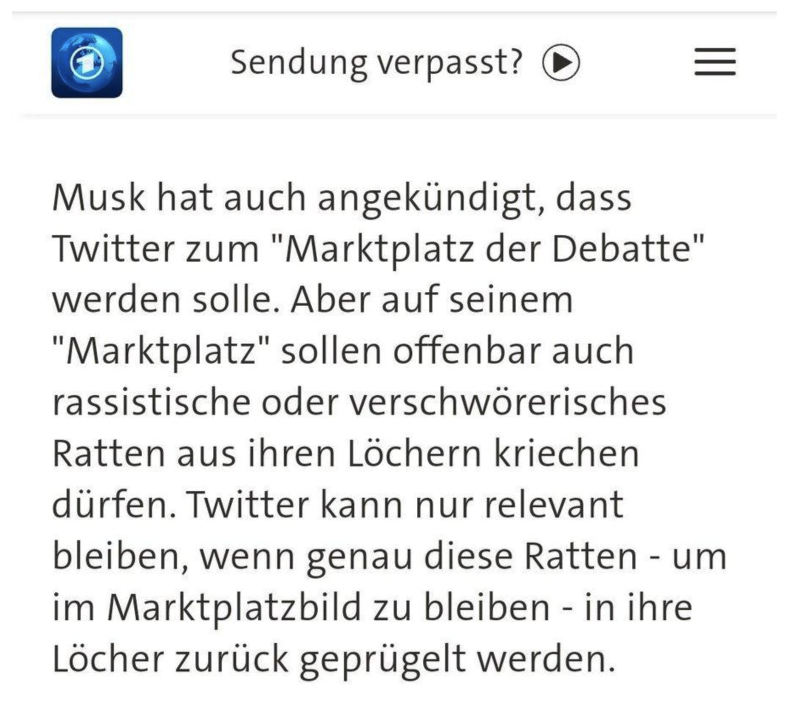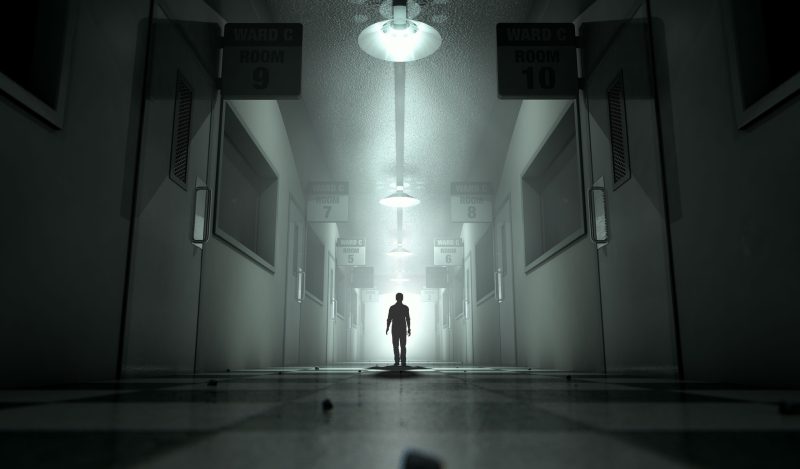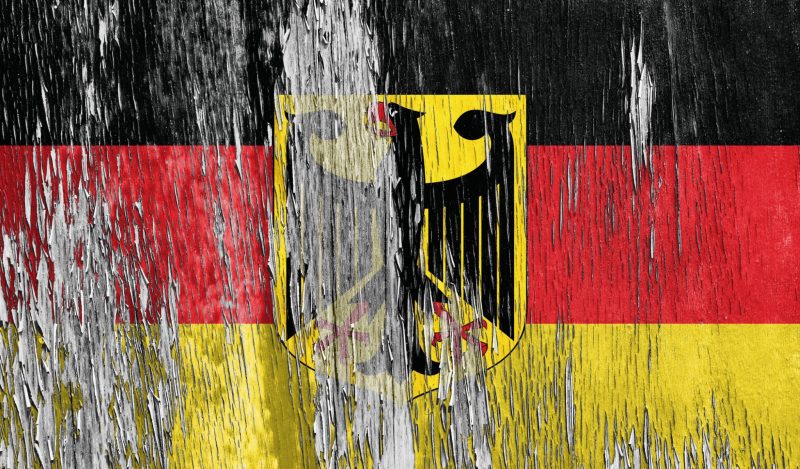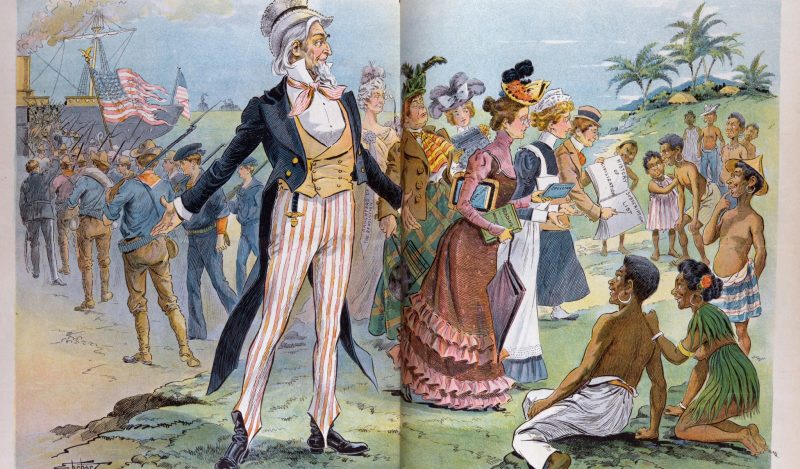In reaction to Elon Musk’s takeover of Twitter, Germany’s ARD public television published a commentary last weekend describing censored Twitter voices as “rats” and calling for them to be “beaten back into their holes.” The passage reads in full as follows:
Musk also announced that Twitter should become a “marketplace for debate.” But apparently racist and conspiratorial rats are also supposed to be allowed to crawl out of their holes on his “marketplace.” Twitter can only remain relevant if precisely these rats – to stay with the marketplace image – are beaten back into their holes.
The commentary, by one Nils Dampz of ARD’s Los Angeles studio, was published Saturday on the website of the Tagesschau, Germany’s most-watched news program with nearly 12 million viewers according to the latest statistics.
After the passage provoked controversy, notably in the more “conservative,” free-speech-friendly sectors of the German-language Twittersphere, Dampz’s extended rat metaphor was later removed and an editorial note was added to the commentary. The note reads as follows:
In an earlier version the term “racist or conspiratorial rats” was used. The passage has been changed. We apologize for the word choice. It was never the aim to dehumanize someone.
The original passage has been preserved in the below screencap.

The modified version with apology is available on the Tagesschau website here.
Alluding to Germany’s allegedly “far-right” Alternative for Germany (AfD) party, one prominent German Twitter user, @nikitheblogger, noted that
If the AfD described people as “rats,” there would be calls for banning the party. When the Tagesschau does it, it’s an “opinion.” How can one still regard such double standards as democracy?
Others pointed to the use of the same imagery in Nazi propaganda: notably, in the 1940 propaganda film “Der ewige Jude” – The Eternal Jew – which compares Jewish immigration to an invasion of disease-spreading rats.

It should be noted that Germany has been leading the push for online censorship, both in Europe and globally, since 2017, when it passed an online censorship law known as NetzDG or the Network Enforcement Act. NetzDG is the source of the notices that many Twitter users will have received informing them that their account has been reported by someone from Germany. The legislation threatens non-compliant platforms with fines of up to €50 million.
NetzDG is in turn the obvious inspiration for the European Union’s censorship efforts. These comprise a so-called Code of Practice on Disinformation, of which Twitter and all other major online platforms are signatories, and the recently adopted Digital Services Act (DSA), which renders the commitments undertaken by Code signatories obligatory on pain of fines of up to 6% of global turnover.
The DSA gives the European Commission exclusive authority to determine compliance and apply sanction. Current Commission president Ursula von der Leyen was Minister of Defense in the German government that put forward the NetzDG legislation in 2017 with the explicit aim of combating “fake news.”
(For more on the Code of Practice and the DSA, see my earlier Brownstone article here.)
Published under a Creative Commons Attribution 4.0 International License
For reprints, please set the canonical link back to the original Brownstone Institute Article and Author.









